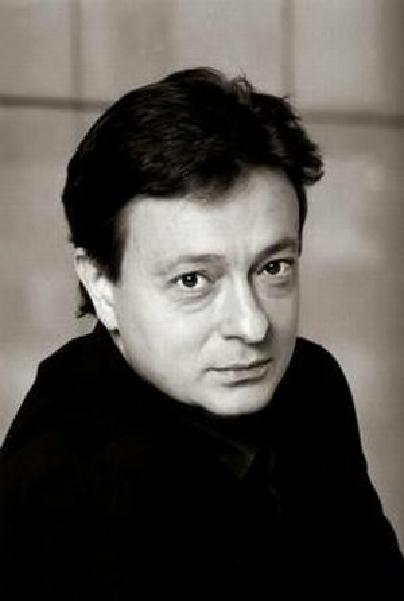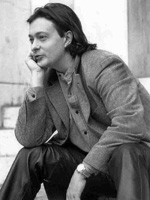Lombardo's father, a native of Naples and a huge opera buff, acquainted him early on with operatic music, and he knew that he wanted to
be a singer. To soothe the sorrows of his mother, he first obtained a university degree in law, but then was off to Italy for vocal
studies with a French teacher based in Treviso, Claude Thiolas.
Lombardo made his debut (still under his real name, Bernard Lombardo) in 1986 in Dijon as Ruiz, and at the Opéra-Comique in
1987 as Bruno (in I puritani); but soon, he would sing primarily main
roles: Vincent, Roméo, Faust, Alfredo, two Rodolfos (Luisa Miller and Bohème), Cavaradossi, Pinkerton,
Werther, Hoffmann, Steuermann, Cassio, Don José, Sigurd, Manrico, Prince in Dvořák's Rusalka, Edgardo, Sou-Chong...
Via Rouen, he got his first international contracts in 1989: Gabriele Adorno in Gent and Antwerp, followed by a long tour of Australia
as Turiddu. In 1991, he made his debut at La Scala as Floreski, the lead tenor character in Lodoïska by Cherubini; he
returned to La Scala as Cassio and as Cinna in La vestale. He sang a lot at both the Opéra Bastille and the Opéra-Comique
in Paris, as well as all across France: Marseille, Rouen, Montpellier, Saint-Étienne, Toulon, Lyon, Tours, Avignon, Massy, Metz,
Nancy, Nice, Bordeaux, Toulouse, Sanxay, Rennes. Abroad, in Geneva, Liège, Frankfurt, Munich, Leipzig, Hamburg, Bonn, Dortmund,
Glyndebourne, Tel Aviv, Trieste, Torino, Rome, Venice, Macerata, Martina Franca, Catania, Santiago del Chile, Hongkong, Singapore...
He sang well into the 2020s, eventually returning to comprimario parts: Schmidt, Normanno, Shujskij, Dottor Cajus, Remendado and so on.
He is probably the only opera singer whose Facebook page never tells about music or theater, but is entirely devoted to astute views on
social and political questions, consistently advocating the right (which means: never the right-wing) cause.
Reference 1, reference 2, reference 3, reference 4:
Lombardo's Facebook page, reference 5: Lombardo's website, reference 6: Kutsch & Riemens

